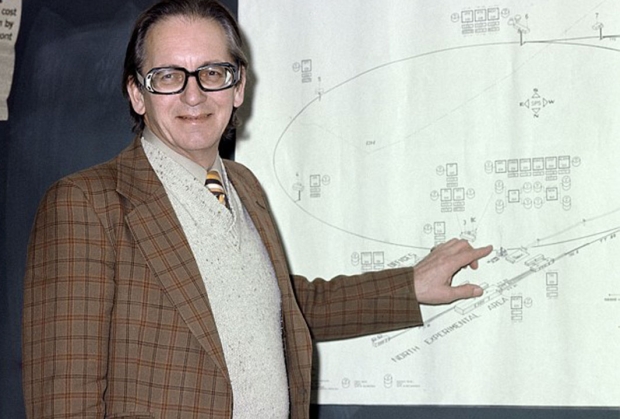Michael Crowley-Milling died in 2012 believing that he had left half his 2.2 million pound fortune to the Royal Society.
He stipulated in his will that most of his wealth “within the UK” should go to The Royal Society, the world’s oldest scientific institution.
But the “highly intelligent” scientist didn’t realise that by the time of his death half his fortune - almost £1 million in cash - was not in the UK at all, but in bank accounts in Jersey and the Isle of Man which are not part of Great Britain.
The Channel Islands and the Isle of Man, whilst part of the British Isles, are not part of the United Kingdom, and getting that wrong is considered a “cardinal sin” by geographers.
The descendants of the scientist’s brother staking a claim in one corner, and The Royal Society in the other.
A top judge, Mr Justice Nugee, has awarded the money to the Royal Society deciding that Crowley-Milling simply made a common error.
Crowley-Milling was part of a team that invented what was probably the world’s first capacitative touch screen way back in the 1970’s when the world was only just beginning to think about the potential of computers. Of course according to Apple fanboys the technology was invented by Steve Jobs who also invented the rounded rectangle.
Strangely his wealth did not come from the technology he dedicated his life. Instead it came from flogging a super-rare 1931 Alfa Romeo 1931 8C, worth £2 million.
He was given the supercar as a 21st birthday present by his father, and sold it to a mate a few years before his death.
In a will he signed in 2009, Mr Crowley-Milling bought a home for his carer and left a £400,000 gift to his relatives, with the rest of his estate going to The Royal Society.
But his family laid claim to his offshore £1m, when the mistake in the will was discovered.
They argued that such a brilliant man must have known what he was doing when he had the will drafted and had clearly wanted the cash to go to them. They claimed it was deliberate because he had a falling out with the Royal Society over the charity’s stance on climate change.
Richard Wilson, the Royal Society’s barrister, said that Mr Crowley-Milling’s money would be used to set up a trust “to keep his name alive” and give grants to young research scientists.




